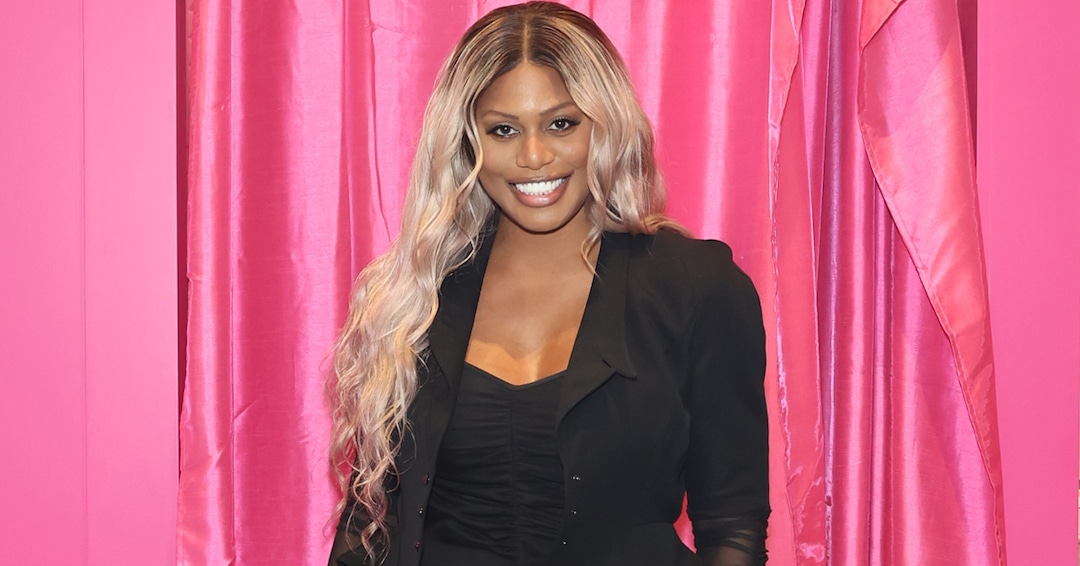
E!: Even with increased conversations and access for some, therapy and other mental health services are still highly stigmatized, specifically in the LGBTQIA+ community. What would you say to people who aren’t sure how to move past that and seek out the help they may need?
LC: I mean, in terms of the stigma you just have to get over it. It’s important to remember that are minds and our bodies are not separate. People need to start thinking about mental health as a part of overall health.
It’s incumbent upon us to take care of ourselves. For me, personally, it’s showing up in my health the older I get. My therapist calls it the over-abundance of survival energy. So, here we are as LGBTQ+ folks who have lived in tough environments. As a child, if you were bullied at school like I was, and then you came home and your mom blamed you for that bullying, like I was, then you’re just in that survival mode all the time. That’s what I’ve learned. At 50 years old, I’m learning new ways to build resilience. My therapist talks about going from what’s wrong with me to what’s happened with me to what’s right with me.
E!: Tell me more about taking that path to realizing what you feel is “right” with you.
LC: When I think about my childhood where I was bullied, I was also a straight A student. I loved getting up and summarizing the Sunday School lesson in church because I loved standing in front of people. I loved dancing and competing in talent shows. I had my little dreams and my fantasies. Those are things that got me through.
There’s resilience in imagination. There’s resilience in the space of a dream. That’s important to lean into, especially right now, without being in denial. Finding that resilience is just really important.
E!: Do you have any advice that you would share with your younger self?
Alok: I think the LGBTQ+ youth of today are so strategic and smart about what’s best for them. I think my younger self would probably have advice for me. I think what’s so cool about the Trevor Project is that we really have to find ways to understand LGBTQ+ young people, as leaders of their own lives and narrators of their own struggle. Right now, there are bills targeting young people, but to Laverne’s point, it’s also important to find ways to still practice joy.
I’m from Texas. I was just there protesting because there are anti-trans policies. A trans young person came up to me with a wand that they painted with a trans color flag. They said, ‘I get bullied a lot in school. So, I pretend I’m a wizard and I have magical powers and I can make it stop. I wanted to give this to you because I know you get bullied too.’ Young people are showing up for trans elders because they are fighting every day and sometimes I take a lot of inspiration from young people as well. I think it’s beautiful.
LC: What’s so brilliant about that is that there were so many things about my younger self that were fearless because I didn’t know any better. I didn’t know of or fully understand the horrors of the world. I didn’t have the capacity to truly understand the different levels of trauma, but the coping mechanisms were brilliant. They were imaginative and in the spaces of a dream and there was a certain kind of ignorance is bliss in this childhood wonder that is really incredible. I love that reframe of the question and people ask me that one all the time.
Be the first to comment